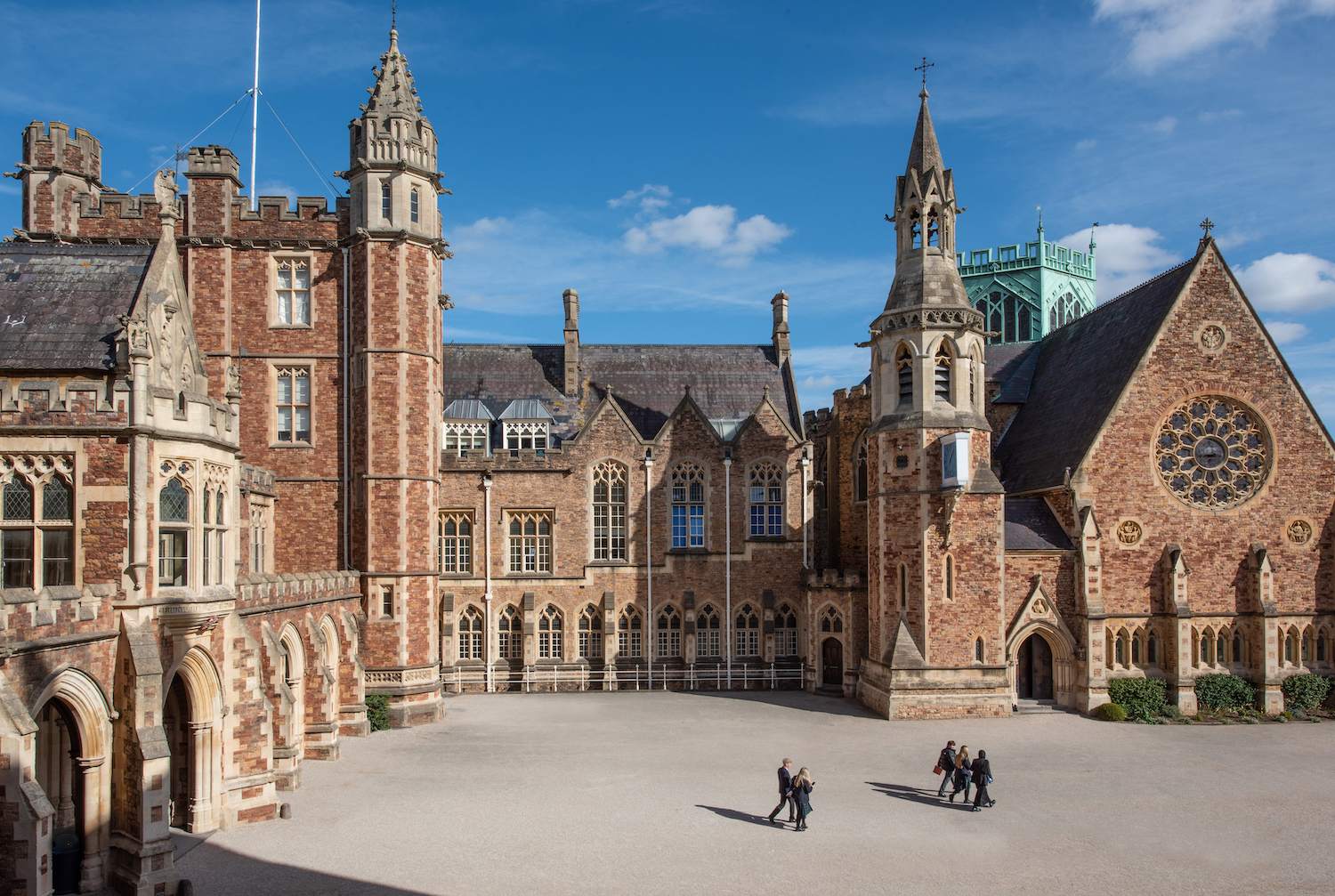
The United Kingdom, renowned for its rich history, diverse culture, and global influence, is also home to a world-class education system. From prestigious public schools to state-funded institutions, the UK offers a diverse range of educational options that cater to a wide spectrum of students.
In this comprehensive article, we will delve into the educational landscape in the UK, exploring the types of schools, the curriculum, notable institutions, and the challenges and opportunities in the realm of British education.
Types of Schools:

The educational landscape in the United Kingdom is characterized by a diverse array of institutions, each offering a distinct approach to learning. These schools cater to the wide-ranging needs and preferences of students:
- State Schools: State schools, funded by the government, play a pivotal role in the UK’s education system by providing free education to students. These institutions are open to all residents, embracing a diverse student body. The curriculum in state schools typically adheres to national guidelines, ensuring a standardized level of education accessible to all.
- Public Schools: Public schools in the UK hold a special place in the realm of education. Often associated with prestige and fee-paying structures, these institutions have built a legacy of academic excellence and a rich tradition of extracurricular programs. The history of public schools in the UK is intertwined with the development of the country’s educational heritage.
- Grammar Schools: Grammar schools represent a distinct facet of the state-funded educational landscape. These institutions select students based on their academic performance, typically determined through a rigorous entrance examination. Grammar schools are renowned for offering a highly academic curriculum, fostering intellectual development, and encouraging a rigorous pursuit of knowledge.
- Independent Schools: Independent schools, commonly referred to as private schools, offer an alternative approach to education in the UK. These institutions are funded by tuition fees, allowing them to provide a more individualized and specialized educational experience. Independent schools encompass a wide spectrum, ranging from elite boarding schools that offer a holistic educational journey to smaller, community-focused day schools that prioritize a close-knit learning environment.
- Special Educational Needs (SEN) Schools: The UK’s commitment to inclusive education is exemplified through Special Educational Needs (SEN) schools. These institutions are designed to cater to students with disabilities or unique educational requirements. SEN schools go beyond mere accommodation; they provide tailored support and teaching methods to ensure that every student, regardless of their needs, has the opportunity to thrive and reach their full potential.
Curriculum and Qualifications:

The United Kingdom’s education system boasts a structured and comprehensive curriculum, guiding students through various stages of learning and academic achievement. This well-organized educational journey provides a strong foundation for further studies and personal development:
- Key Stages: Education in the UK is thoughtfully divided into key stages, each tailored to specific age groups and curricular objectives. These key stages form a structured continuum that spans from primary education through to secondary education. This well-defined framework ensures that students progress through their academic journey with a well-rounded education.
- GCSEs (General Certificate of Secondary Education): GCSEs represent a crucial milestone in the educational path of UK students. These examinations are typically undertaken at the culmination of compulsory education. Covering a wide range of subjects, GCSEs not only assess students’ knowledge and skills but also serve as a stepping stone toward further academic endeavors. They provide a solid foundation for more advanced studies and are an essential precursor to higher education opportunities.
- A-Levels: A-Levels are advanced qualifications that hold a pivotal place in the UK’s education system. Typically pursued after the completion of GCSEs, A-Levels are highly regarded and recognized globally. These examinations are a significant stride for students aspiring to attend university. The rigorous nature of A-Levels equips students with the depth of knowledge and critical thinking skills necessary for success in higher education and beyond.
- Higher Education: The United Kingdom is celebrated for its wealth of world-class universities and institutions. These higher education establishments offer a diverse array of undergraduate and postgraduate programs, catering to a multitude of academic interests and career aspirations. The UK’s universities play a vital role in global research and innovation, contributing to advancements in various fields and fostering an environment where students can expand their horizons and realize their full potential.
Notable Institutions:

The United Kingdom is famous for its prestigious educational institutions. A few notable schools and universities include:
- Eton College: Located in Berkshire, Eton College is one of the most renowned public schools globally, known for its rigorous academic curriculum and long history of producing notable alumni.
- Oxford and Cambridge: The Universities of Oxford and Cambridge are iconic institutions that consistently rank among the top universities in the world. They offer a diverse range of programs and have made significant contributions to research and knowledge.
- Imperial College London: Renowned for its excellence in science, engineering, medicine, and business, Imperial College London is a leading institution in the UK and internationally.
- Edinburgh and St. Andrews: The University of Edinburgh and the University of St. Andrews, both located in Scotland, are prestigious institutions known for their academic rigor and contribution to research.
Challenges and Opportunities:

While the UK’s education system is esteemed worldwide, it is not without challenges:
- Access to Quality Education: Ensuring equitable access to high-quality education for all students, regardless of socio-economic background, remains a challenge.
- Standardized Testing: The emphasis on standardized testing, such as GCSEs and A-Levels, has been a point of contention, with debates surrounding the impact on students’ well-being and the effectiveness of these examinations.
- Teacher Shortages: Shortages of qualified teachers in certain subjects and areas have been a concern, impacting the quality of education in some regions.
- Impact of COVID-19: The COVID-19 pandemic has disrupted education globally, leading to challenges in delivering effective remote learning and addressing educational inequalities.
Despite these challenges, the UK’s education system continues to offer opportunities for personal and academic growth, producing well-rounded individuals with a solid foundation for success in various fields.
Conclusion:
Education in the United Kingdom is characterized by its rich history, diverse options, and commitment to academic excellence. The UK’s schools and universities provide students with a comprehensive and structured curriculum, paving the way for a successful academic journey. While challenges persist, the opportunities for students to thrive and make meaningful contributions to society are abundant. Whether in a state school, a prestigious public school, or a world-class university, the UK’s education system fosters the development of well-rounded individuals who are equipped to excel in a globally competitive world.














